
Impact Update
Second Quarter 2022
Making equity a priority
In this update, we spotlight equality and offer insight into how our investments and engagements can help promote inclusivity. When historically marginalized groups face unfair treatment or effects, investors and companies can use their leverage points for those people that may lack basic needs, be hurt, or left behind. On the heels of rising and unusually high inflation, we’re thinking about the particular needs of low-wage workers whose paychecks may not be enough to cover essential costs of living, such as food and gas.
As we remember the innocent lives lost to gun violence, we reflect on how investors’ dollars can help play a role in this cycle. And amidst an intensifying climate crisis, we highlight aspects of our work that aim to help the communities that are more vulnerable to climate change.
In this edition
Engagement Overview
Domini meets with company executives on its own and in collaboration with other investors to encourage stronger policies and practices on the issues that matter to us. Aligned with our standards, we seek improved disclosure, more responsible practices, and address emerging issues with our companies. Through this constructive interaction – via letters, dialogues, shareholder proposals, and proxy votes – Domini communicates its expectations to companies and encourages innovation and business models that uphold respect for human rights while contributing to ecological sustainability and resilience.
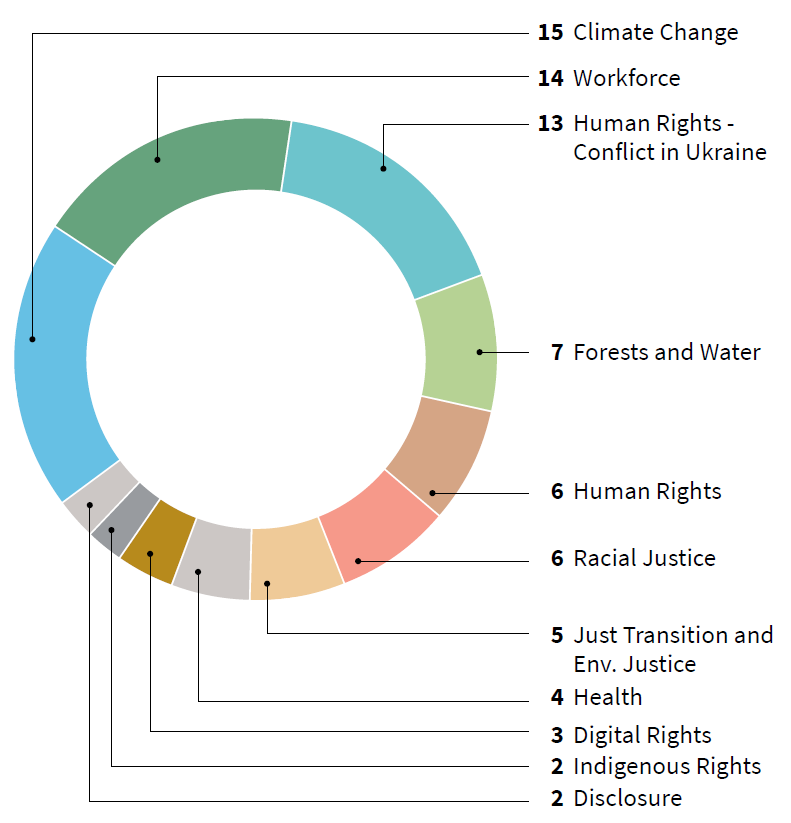
The UN Sustainable Goals (SDGs)
In the seven years since United Nations member states adopted the 2030 Agenda for Sustainable Development, the Sustainable Development Goals (SDGs) have been widely embraced by governments, civil society organizations, companies, and investors. The SDGs aim to address broad global topics such as poverty eradication, food security, protection of forests, sustainable cities and economic growth, gender equality, and climate change.
In each impact update, we’ll feature a few of our engagements alongside an investment highlight and show you which SDGs these are aligned with.

Workforce Equity at the Leadership Level

We began engaging with Disney on workforce issues in 2020, when we encouraged the company to ensure that its board had specific oversight of the needs and priorities of all workers. Following our engagement, the Compensation Committee of the board, which has traditionally addressed compensation and pay for the CEO and senior executives, added “workforce” equity to its charter.
More recently, we followed up with their Chair of the Compensation Committee to understand how its new emphasis on workforce equity has impacted its scope of work, the reporting it receives from management, and its broader workforce strategy. It is crucial that Disney’s board has oversight of workforce issues, in order to help the company to attract and retain a diverse and capable workforce, in part due to past criticism around pay equity and racial justice. We appreciate the firm’s efforts to foster an inclusive workforce through the Reimagine Tomorrow program and its increased disclosure of workforce demographic information. We will continue to encourage the board to develop an equitable strategy for all its workforce.
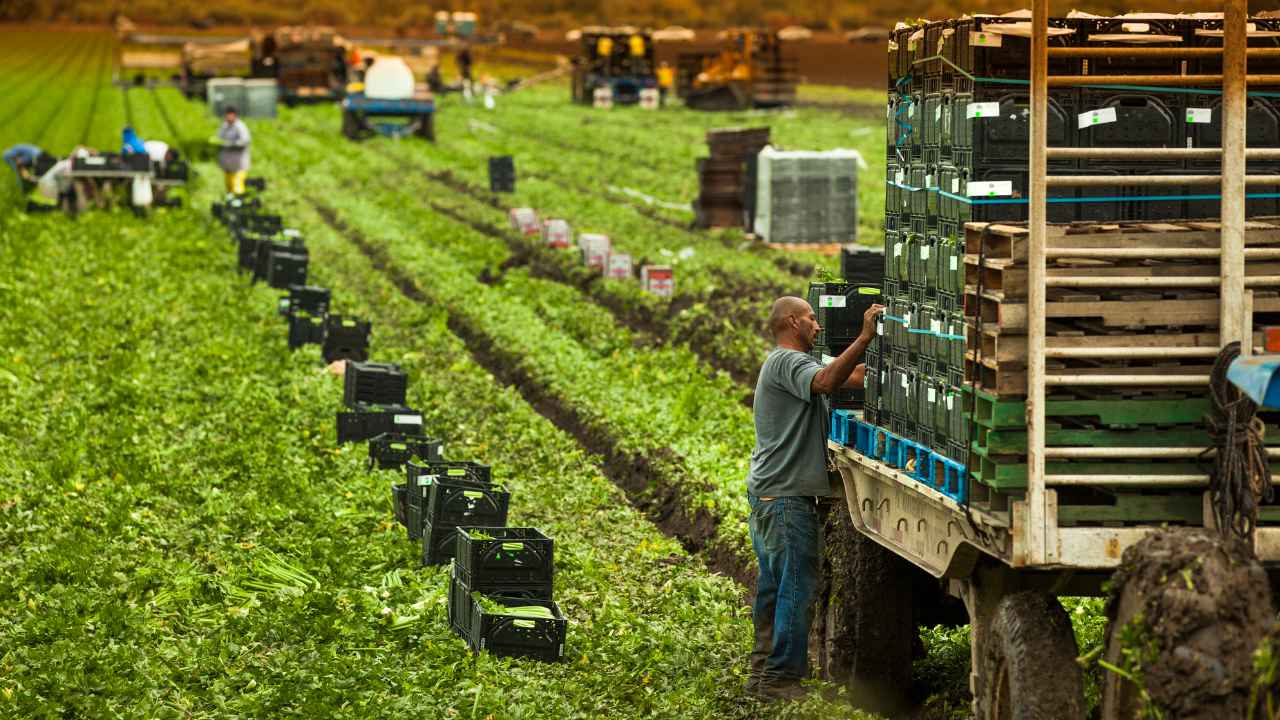
Sustainable Food Systems
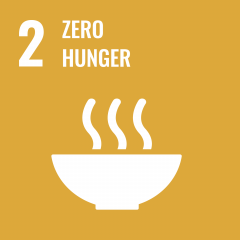
Our food system is integral to the climate transition—so companies will need to transform their business models in meaningful ways. We signed an investor letter to the UN Food and Agriculture Organization, urging it to develop a roadmap on how to align farming practices with the 1.5 °C warming limit, while protecting health and livelihoods.
We also joined a FAIRR engagement with Saputo, a Canadian cheese and dairy company, on how it is approaching its climate-related business transformation. We support Saputo’s current investments in plant-based cheese and dairy, which have a low carbon footprint and are more sustainable than animal-based products. Research, development, and investment is needed to scale innovation, meet nutritional needs, and make alternatives accessible to consumers. Companies must improve food system sustainability by protecting the rights of farmworkers, who face increasing risks of forced labor, sexual harassment, heat stress, and low wages. Our proposal at Kroger, which received support from 20% of shareholders, called for increased human rights protections for farmworkers, modeled after a human rights program developed by the Coalition of Immokalee Workers. We’ll continue to engage in support of workers’ rights.

Climate Change and a Just Transition

As more companies commit to a just transition, we encourage them to work directly with groups that have the most at stake. Our recent engagement with the global utility National Grid PLC highlights the need for climate action that is both ambitious and intersectional. We expressed support for its net-zero emissions commitment, but also urged the company to center the needs of stakeholders most likely to be impacted: workers and community groups.
We sought insights from union representatives and local environmental advocates in Massachusetts and New York, where National Grid has a presence. This gave everyone a clearer picture of how the company’s climate policies work in practice. These experts helped us identify areas for continued improvement: making sure stakeholders are at the table, applying a racial justice lens, and building trust with community partners. A thoughtful, equitable climate transition plan will advance a clean energy future, while also assuring people that air and water pollution in their communities is under control and job security will be maintained.

Mobilizing Investors Around Forests

We continue to mobilize investor support for deforestation-free policies at the state and federal level. With the backing of institutional investors representing $2.2 trillion in assets, we co-led an investor letter that we brought to New York state legislators. It explained how well-designed forest policy that prohibits deforestation in state purchasing is crucial to economic resilience and our climate response. We’re also working on other collaborative efforts—with the Financial Sector Commitment to Eliminate Commodity-Driven Deforestation, as well as through our role on the advisory board of the Finance for Biodiversity Foundation.
Behind many of these efforts is a need for investors to have comprehensive and comparable information about companies’ governance and action on climate change. Further, we believe biodiversity, land use change, just transition and respect for the rights of Indigenous Peoples and local communities are inseparable from climate issues. We submitted a comment to the U.S. Securities and Exchange Commission (SEC), as it develops new rules for companies’ required disclosure of climate-related information. We wrote in support of the SEC’s current proposal, explaining how we use relevant climate information in our investment analysis, engagement work, and proxy voting.
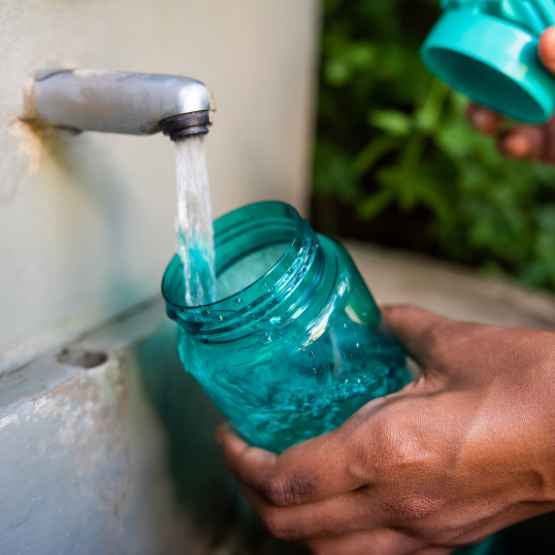
Bond Fund: The Human Right to Clean Water
We prioritize investments that improve access to water, sanitation services, and other public goods. In a recent engagement with Aegea Finance, we commended the company’s work in Brazil and want to understand how it is fulfilling the human right to water. Its projects will help provide clean water to people who previously lacked access and improve sanitation services, likely benefiting millions of people.
It is worth weighing concerns, however, that the privatization of water services in the country could result in increased costs and lower access for people who are most vulnerable. We sought to better understand what systems Aegea has in place to ensure that it is delivering services in Brazil in a way that facilitates equitable, affordable access. This is especially important in the context of systemic racism, racial discrimination, and prejudice, which may negatively impact access. We asked about Aegea’s equity commitments, and how its efforts to increase diversity and representation within the company might provide meaningful outcomes for its customers.
Domini Impact Bond Fund Theme Allocations2


Access to Housing
Supports affordable mortgage credit & rental properties, multifamily collateralized mortgage obligations, and other residential mortgage backed securities.

Corporate Debt
Supports corporate general obligations & bank loans of companies that meet Domini’s Impact Investment Standards.

Non-Housing Asset-Backed Securities
Supports commercial mortgage-backed securities, auto loans, and other asset backed securities that meet Domini’s Impact Investment Standards.

Economic & Community Development
Supports nonprofit education, rural & agricultural communities, creative economy & public interest, transportation, access to water, business & job creation, and community development financial institutions.

Health, Well-Being & Aging Society
Supports nonprofit healthcare and research facilities, housing and healthcare services, and pensions.

Low-Carbon Transition
Supports renewable energy, energy efficiency and green buildings, sustainable cities, sustainable forestry and conservation, and corporate green and sustainability bonds.
2 Based on portfolio holdings as of 6/30/2022, excluding cash & cash equivalents, cash offsets, futures, swaps and options with the exception of short-term U.S. Agency bonds and Certificates of Deposit, which are reflected in this reporting. Numbers may not sum to totals due to rounding. The composition of the Fund’s portfolio is subject to change. Visit domini.com to view the most current list of the Fund’s holdings.
3 “Corporate Debt” includes general-obligation corporate bonds, bank loans, and corporate debt not classified under other themes.

Investment Highlight: Domini Impact Bond Fund
Aegea Finance delivers clean water and manages sewage treatment services for areas that lack basic sanitation in Brazil. During the COVID-19 pandemic, Aegea implemented contingency plans to ensure uninterrupted water and sewage supply in the cities where they operate, invested to increase the basic sanitation network, and disinfected high traffic roads. Additionally, they installed public sinks in central areas in several cities where they operate to serve the homeless population with soap dispensers.
Investors’ Role in the Cycle of Gun Violence

The U.S. has once more found itself asking the question: What can be done to assure that “never again,” means never again? As the country repeatedly and collectively mourns the loss of lives due to gun violence, responsible investing reminds us that even in the wake of this devastation, our investments can have a role in the solution.
In Buffalo, New York at a grocery store, we saw a racially motivated attack, and in the midst of grieving those who were lost, we witnessed the devastating elementary school shooting unfold just ten days later in Uvalde, Texas, followed by a shooting at a 4th of July parade in Highland Park, Illinois. Public opinion polling reports that 53% of the country is in favor of more gun control measures —yet the United States leads high income nations in gun ownership and gun violence. While additional polls show that self-defense and hunting are top reasons why individuals own firearms, violence still persists throughout the nation. Due to the reality that the business of gun manufacturing is profitable, investors can proactively assess their portfolios and divest from entities that are contributing to the cycle of gun violence.
How does the private sector participate in the cycle of gun violence?
Finding a legislative solution takes time, and that solution may not be sufficient for every stakeholder, which we have seen before. Both chambers of U.S. Congress passed legislation at a compromise, which President Biden signed into law, that focuses on mental health, school safety, and red-flag laws. Other countries that have enacted gun control measures have shown that when these mandates are applied accordingly, gun violence and gun deaths decrease considerably. But beyond law-making, investors can change their investment strategies to make sure they are not profiting from the manufacturing or distribution of guns.
Corporations play a large role in this conversation because they profit from the sale of guns, the manufacturing of guns, and the laws in place that allow access to guns. After the most recent shootings and decision from the U.S. Supreme Court to roll back gun safety measures, stocks of gun manufacturers rose—a seemingly regular occurrence throughout history. Companies respond to quarterly pressure to sell and distribute guns and related products, and as investors we have the power to divest from those entities in our portfolios. Alongside impact investors, some corporations have already responded to the ongoing crisis and changed their policies as they recognize their role; for example, Dick’s Sporting Goods updated policies by raising the age to buy guns, limiting which guns they sell, and stopping the sale of guns throughout physical locations.
Domini’s approach and commitment
For 25 years, Domini has always excluded corporations across our portfolio that are significantly involved in the production of weapons and civilian firearms. Through our investment standards, we do not waiver from our goal of universal human dignity or our standard to not invest in products or services that have the potential to cause incalculable harm. Some of the greatest dangers we face both at home and abroad are tied to weapons of mass destruction, which is why Domini also excludes investments in United States Treasury securities due to the country’s leadership position in the global nuclear weapons arsenal. This quarter, we reaffirmed our commitment by signing an investor letter in support of the Treaty on the Prohibition of Nuclear Weapons, which outlaws nuclear weapons as well as any form of assistance with their manufacture or production. Additionally, we engage with companies on peripheral aspects, like through our engagement with Amazon.com, where we worked with shareholders on topics such as removing products from their store that serve as accessories for guns and ammunition.
At the core of our work is our belief that investments we make today will shape the world we live in tomorrow, and that includes supporting the on-going effort to assure that “never again” actually means never again. In these trying times, knowing where your dollars are invested is essential. As we continue to harness the power of finance to create a better world, we are reminded that when we unite under the same mission, hope and change is possible.
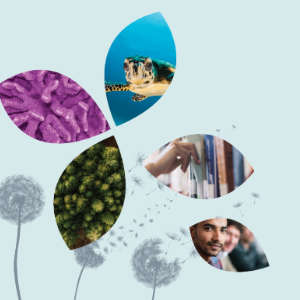
New website. Same goals. | We’ve refreshed our website! Visit our new site, and you’ll discover that while its design may be new, our dedication to the goals of universal human dignity and ecological sustainability never waver. Thank you for being a part of our continued journey.
Discover here. domini.com/welcome

Recognizing and celebrating Juneteenth | Adopted as a federal holiday in 2021, Juneteenth is a commemoration of the emancipation of enslaved people in the United States. We acknowledged Juneteenth at Domini last month and took a moment to reflect on our continuing efforts to further racial justice.
Read more at domini.com/Juneteenth

How we grow our food | Preventing hunger and combating climate change are top global priorities, so it’s crucial that food producers reduce carbon emissions and support biodiversity. Our Engagement Director, Mary Beth Gallagher, wrote about land use, Indigenous agricultural models, and Domini’s work.
Read article at domini.com/food

Find us on Instagram | If you don’t know already, we’re on Instagram (@dominifunds). It’s another place where we share updates about our work and the issues we’re focused on. Visit our page and follow us! We’re always excited to connect with our investor community.
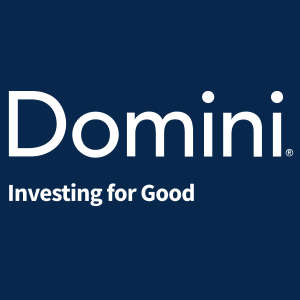
Domini on the road | Domini is excited to be back on the in-person conference circuit. Next, we’ll be in: San Francisco for SOCAP22 on October 17-20 New York City for the Women Adviser Summit 2022 on November 16.
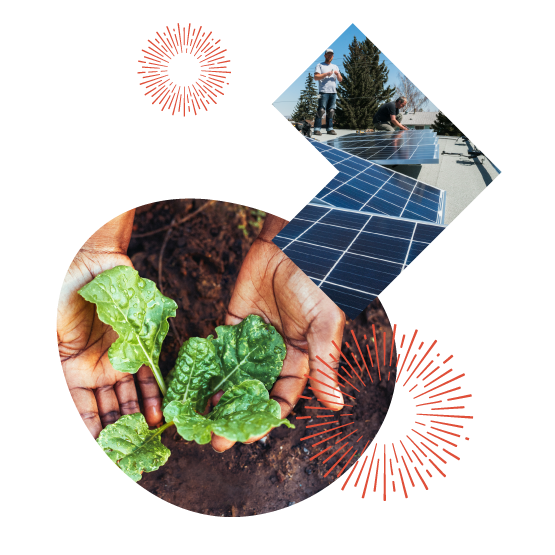
The secret to making an impact is small.
It starts by subscribing to news and updates.
